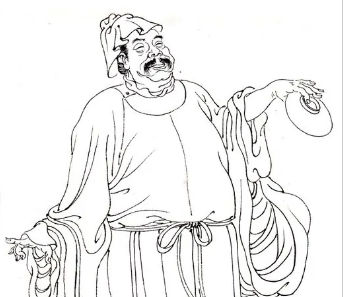The establishment and development of the Qing Dynasty could not be separated from the support of the Eight Banners System. In this system, the Manchu people were the rulers, while the Eight Banners Han Army was their important force. So, how did the Manchu people make the Eight Banners Han Army fight for them? This is a question worthy of further exploration.

I. The Establishment of the Eight Banners System
The Eight Banners System was a military and social organization system of the Qing Dynasty, established by Nurhachi in 1601. This system divided the Manchu people into eight banners, and each banner was further divided into four sub-banners: yellow, white, red, and blue. Later, in order to strengthen control over the Han Chinese, the Eight Banners of the Han Army were added.
II. The Control of the Manchu over the Eight Banners Han Army
The control of the Manchu over the Eight Banners Han Army was mainly reflected in the following aspects:
1. Strict Hierarchy: In the Eight Banners System, the Manchu occupied the highest rank, while the Han Chinese were in lower ranks. This hierarchy made the Han Chinese socially inferior to the Manchu, thus ensuring the dominance of the Manchu.
2. Temptation of Interests: The Manchu bought the loyalty of the Eight Banners Han Army by granting them certain economic benefits, such as land, official positions, etc. At the same time, they also satisfied the material needs of the Eight Banners Han Army through the wealth plundered from wars.
3. Cultural Assimilation: The Manchu also assimilated the Eight Banners Han Army by promoting Manchu culture, such as the Manchu language, costumes, etc. This cultural assimilation, to some extent, weakened the ethnic consciousness of the Han Chinese and made them more loyal to the rule of the Manchu.
III. Conclusion
Through strict hierarchy, temptation of interests, and cultural assimilation, the Manchu successfully made the Eight Banners Han Army fight for them. This ruling strategy not only reflected the wisdom of the Manchu but also their desire for power and persistence in ruling. However, this system also laid the seeds for the downfall of the Qing Dynasty, as it neglected the importance of ethnic equality and unity.
Disclaimer: The above content is sourced from the internet and the copyright belongs to the original author. If there is any infringement of your original copyright, please inform us and we will delete the relevant content as soon as possible.































